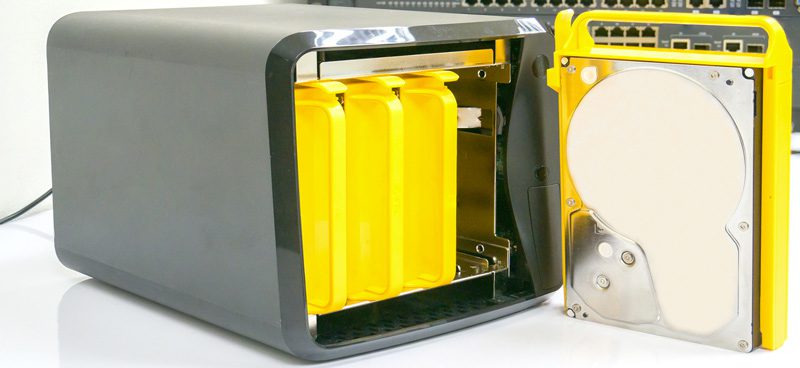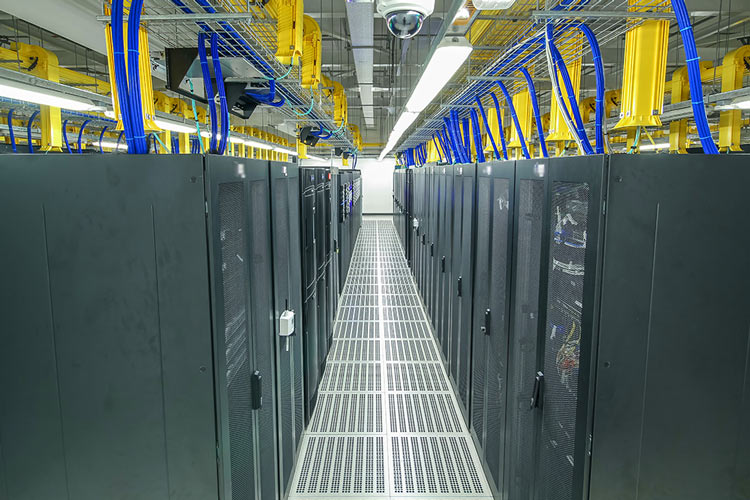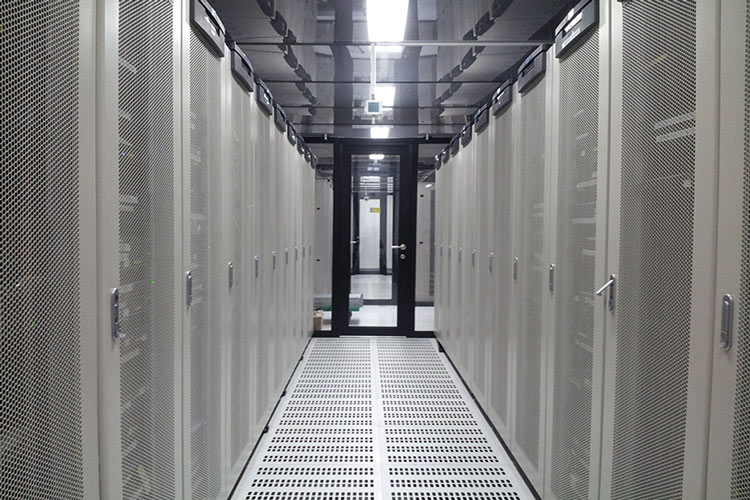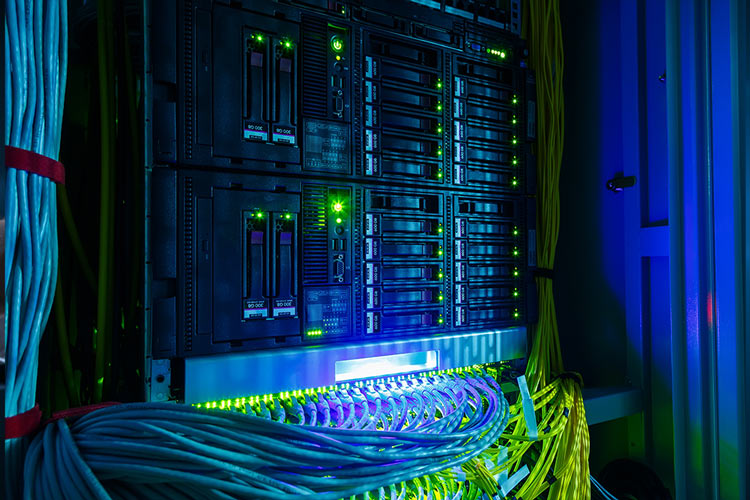Whether you are looking for residential or business data storage solutions, there are many from which to choose. What you select will depend upon your storage and accessibility needs, your budget, and your ability to manage your system in-house.
What is NAS (Network Attached Storage?)
Network Attached Storage, or NAS, is a computer data storage that connects via a network to provide access to different clients. Most NAS devices are simple storage devices without a keyboard or display. You can manage NAS devices and systems using a utility program available through a browser. When you have more than one NAS in a network, each is a network node and will have a distinct IP address.
Many different clients can access files stored on NAS. You can collectively configure NAS devices and add more storage easily. This makes NAS an excellent solution for home applications, where priorities include storing and serving media files and managing automated backups of essential data. Smart homes increasingly are relying on NAS to manage support for components across the house.
Commercial applications for Network Attached Storage include targeted backup for specific data, recovery from disaster, or as a server for a small business. When NAS has a server mode, it allows companies to utilize it as a database and printer server as well as manage email and media files.
What is the difference between a NAS and a SAN?
Storage-Area Network (SAN) is a different kind of storage solution that allows users to access contiguous blocks of data versus single files. Access to SAN must be via a high-speed data transport network. Typical applications for SAN involved distributed applications that require multiple data paths or need optimized speed for local performance. SANs allow IT administrators to separate various networks and alleviate storage function issues for multiple servers.
What are the Pros and Cons of NAS and SAN Storage Solutions?
As the functionality of Network Attached Storage has evolved, these types of systems can handle more complex needs and higher demands for data. High-end NAS can store more files with quick access for clients and can even be clustered. Even mid-range NAS can handle hundreds of terabytes of data. There are also NAS devices suitable for small businesses and homeowners that are very affordable.
The benefit of NAS over Storage-Area Network is manageability. NAS is typically managed in-house and does not require a great deal of infrastructure. SAN generally requires dedicated IT personnel, so much so that many businesses opt for cloud-based SAN to accommodate the specialized configuration and management skills needed.
SAN also requires the use of high-speed fiber or ethernet for transfer data, while NAS requires a dedicated device to serve as the head of the network. Depending on your size and needs, NAS may be much more economical than SAN.
The future of storage could include more cloud-based storage solutions, as even SAN is moving away from Fiber Channel to Internet Protocols. Whether your storage needs are file or block-based, there are more storage solutions available than ever to meet your needs.
Getting Guidance on NAS and SAN
Volico’s IT experts can help you find a secure data storage solution that has the flexibility to meet your needs. Contact one of our team today to discuss your options for using SAN or NAS technologies for your business, and we will help you make the right choice. Our data management consultants are well versed in current technologies and changes. We will provide you with professional and clear advice about data storage solutions. Contact us today!
Discover how Volico can help you with your Storage needs.
• Call: 888 865 4261
• Chat with a member of our team to discuss which solution best fits your needs.












